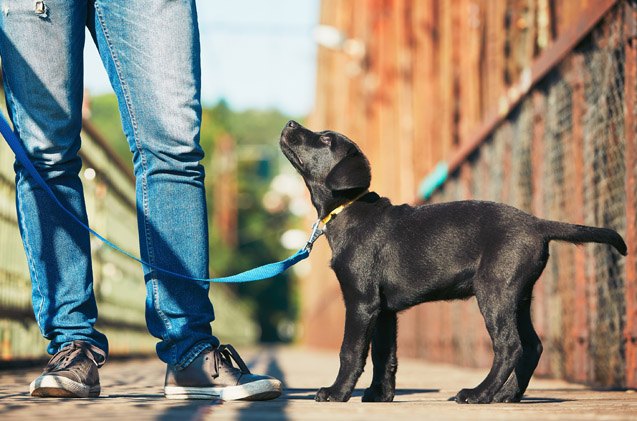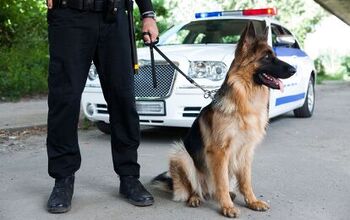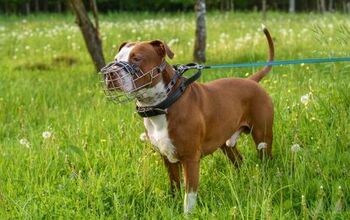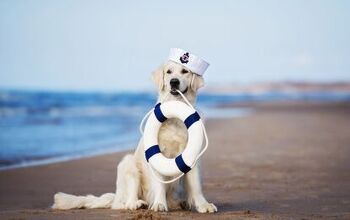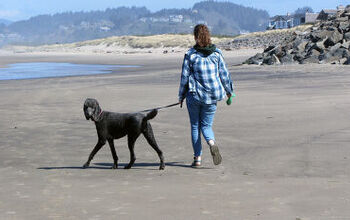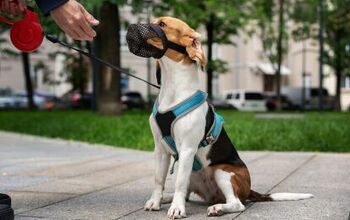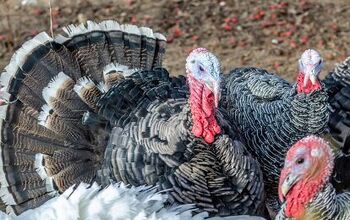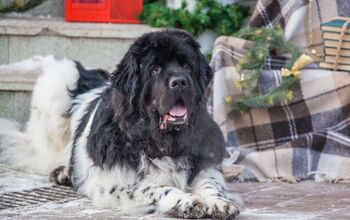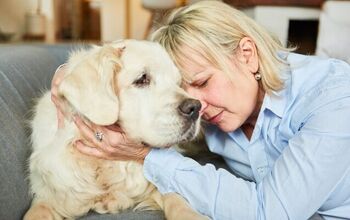New Tool Helps Service Dog Organizations Predict Puppy Training Succes

When service dog organizations look for dogs to train, there are a lot of factors that come into play into deciding who will best be suited to the roles of service animals. Now researchers from the University of Nottingham have created a tool that will be of immeasurable value to those organizations, as it predicts a puppy’s likelihood of successfully completing guide dog training.
Related: How to Find a Reputable Service Dog Training Program
Guide Dogs, a charity service dog organization, funded research at the University to develop the too. Their organization, as well as many other service training groups, constantly have to be able to assess behaviors of the dogs they breed and select for training in order to have the highest rates of training success they can. Guide Dogs trains over 1,400 dogs a year as possible guide dogs, and being able to predict who might do better in the training program can save thousands of dollars and priceless time.
Researchers from the School of Veterinary Medicine and Science designed a questionnaire-style tool that could help trainers to assess their dog’s behavior when it comes to predicting the training outcome for puppies in Guide Dogs’ program. The tool, called the Puppy Training Supervisor Questionnaire (PTSQ) was able to successfully predict the training outcomes in nearly 17% of the puppies, with an accuracy level of 84%.
The tool is designed to help weed out dogs who will not be suitable for the training, as well as to understand a young dog’s behavior so they can continually incorporate that information in their future training processes.
Dr. Naomi Harvey, lead researcher, said that it’s difficult for anyone to really predict working suitability in a puppy, and that’s a huge challenge for service organizations who are looking to train in cost and time effective ways. This tool will help decide not only who is best, but least, suited for guide dog work, and that can help prevent dogs from failing the costly training.
Related: Study: Therapy Dogs Help ASD Children Improve Social Skills
The questionnaire rated the dogs based on seven character trait scores. The categories were: adaptability, body sensitivity, distractibility, excitability, general anxiety, stair anxiety and trainability. Chris Muldoon, the Guide Dogs Research Development Manager said that the PTSQ will be one of a suite of tools that Guide Dogs will use to help understand the behavior of the dogs in their program as well as future training selections in order to have the best training outcomes.

More by Lori Ennis



